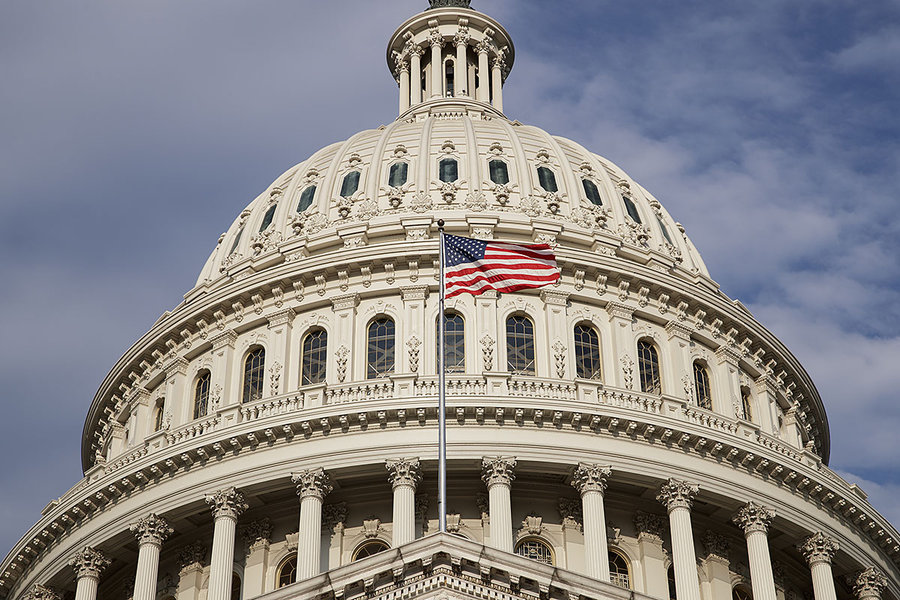Congress officially passed the Inflation Reduction Act of 2022 (IRA). This comprehensive legislation is the result of many months of negotiations among Democrats to advance some of President Joe Biden’s highest policy priorities. After decades of failed attempts, the IRA includes a first-time provision that allows the U.S. Department of Health and Human Services to negotiate prices of certain prescription drugs in Medicare and Medicaid. It also creates several reforms in Medicare Part D, including a cap on out-of-pocket drug spending for seniors beginning in 2025. It also extends by three years the expanded and enhanced Affordable Care Act tax credit ahead of planned premium increases set to take effect in 2023.
Drug Price Negotiations
Beginning in 2026, the government will have the authority to negotiate drug prices for certain single-source drugs under Medicare Part B and Part D. Drugs eligible for price negotiation will generally include (a) FDA-approved drugs for which at least 7 years have elapsed from approval and for which there is no generic on the market and (b) FDA-licensed biologics for which at least 11 years have elapsed since licensure and for which there is no biosimilar on the market. Small biotech drugs, orphan drugs, low spend Medicare drugs, and plasma-derived products are excluded from price negotiation.
Under the bill’s drug price negotiation provisions, the Secretary of the U.S. Department of Health and Human Services can specify the eligible drugs that will be subject to negotiation, targeting high-cost drugs under the Part B and Part D programs. Each year, more drugs will be added to the list of drugs subject to negotiation. Under the legislation, there would be 10 Part D drugs eligible in 2026, 15 Part D drugs eligible in 2027, 15 Part D and Part B drugs in 2028, and culminating in 20 Part D and Part B drugs in 2029 and each year thereafter.
Furthermore, the bill establishes a new drug pricing concept, “Maximum Fair Price” (MFP). MFP represents the ceiling on a drug’s negotiated Part B or Part D price. It cannot exceed certain specified percentages of a drug’s non-Federal average manufacturer price (non-FAMP) or an amount reflecting an average market price and determined by the number of years since a drug’s FDA approval. In addition, the bill requires manufacturers to pay the government a rebate on a unit of a drug paid under Part B or D if the price of the drug increases faster than inflation.
Part D Benefit Changes
The bill adopts a new Manufacturer Discount Program under which the Secretary enters agreements with manufacturers to provide discounted prices for applicable drugs dispensed to applicable Medicare beneficiaries, beyond those drugs subject to Part B and Part D negotiation addressed above. Under the program, a manufacturer must offer the government: (1) a 10% discount off the negotiated price for an applicable drug where an applicable beneficiary has incurred costs equal to or above the deductible and below the out-of-pocket threshold; and (2) a 20% discount off the negotiated price for an applicable drug where an applicable beneficiary has incurred costs equal to or above the out-of-pocket threshold.
The program applies to covered Part D drugs approved under a new drug application or licensed as a biologic or biosimilar biological product for which benefits are available through a Part D plan. Covered drugs can only be dispensed to a Part D beneficiary enrolled in a prescription drug plan, but not in a qualified retiree prescription drug plan. The beneficiary also must have incurred costs above the applicable deductible for that beneficiary to be eligible for an applicable drug. Manufacturers that fail to provide discounted prices for an applicable drug can be subject to civil monetary penalties equal to 1.25 percent times the discount that the manufacturer should have paid under the agreement.
Part D Coverage Changes
In an effort to keep prescription drug costs low for Medicare beneficiaries, the law also makes a number of important modifications and updates to the Medicare Part D prescription drug benefit. This includes limiting Medicare beneficiaries’ out-of-pocket costs to $2,000, subject to annual increases tied to aggregate Part D expenditures (effective 2025). It also eliminates the Part D coverage gap and eliminate beneficiary cost-sharing in the so-called “catastrophic” phase of coverage. Further, vaccines are covered under Medicare Part D without a deductible or coinsurance, among several other enhancements to the Medicare Part D benefit. The bill also caps insulin prices at $35 per month for Medicare beneficiaries.
Pharmacy Benefit Manager Rebate Rule
Notably, the Inflation Reduction Act further delays the implementation of a November 2020 HHS final rule that would have removed Anti-Kickback Statute safe harbor protection for price reductions from pharmaceutical manufacturers to plan sponsors under Part D, either directly or through Pharmacy Benefit Mangers, unless the price reduction is required by law. The rule’s implementation was previously delayed until January 1, 2026, and this legislation further extends that delay to January 1, 2032.


